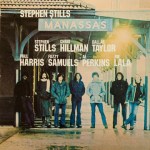Let’s dig in.
One of our good customers had some questions about a commentary we wrote entitled a kinder, gentler approach to record reviewing.
Tom, what about the argument that the engineers had to make the records sound good on the equipment of the day? Now that we have better gear, these guys can make the record sound the way it was originally intended. I think Chad said this about Rudy Van Gelder at some point in the video.
For the benefit of the reader, the video in question can be found on youtube under the title “Michael Fremer, Chad Kassem, Geoff Edgers: A Journey Back to Vinyl.”
Edgers was invited, apparently under pretext as it turns out, to talk about his article, but instead he was pressed into defending me most of the time. Kassem and Fremer — two individuals whose talents, such as they are, could not be more ill-suited to the work they have chosen for themselves — beat up on Edgers for about two hours.
As an aside, Geoff is a good guy and he certainly didn’t deserve this kind of mistreatment. Fremer and Kassem won’t apologize to him — that’s not something they are known to do — so please allow me to apologize to Geoff on their behalf.
I’m sure he has trouble understanding to this day why he was forced into acting as a spokesman for Better Records. Regardless of how he feels about it, we thank him for his service to the cause. (To be clear, he didn’t exactly take my side, which is the right thing for a reporter to do. He wanted to know why our disagreements upset them so much.)
For those of you who like to watch bickering and sniping from a couple of thin-skinned egomaniacs who can’t stand the fact that someone doesn’t think the records they like — or in the case of Chad, produce and sell — are any good, have I got a video for you. If you want to undertand how seriously you should take these two guys, both at the top of their respective mountains, watch the video and make your own judgments.
Our letter writer continues:
Suppose, that the RL cut of Zeppelin 2 had never existed, because Ludwig knew better than to cut it that way, knowing that most stereos couldn’t play it? And then Chad released something that sounded like that. Or, the argument that albums were engineered for listening to on the AM radio.
I think these guys believe they are improving on the mastering, and giving it the sound it should have had all along.
Dear ab_ba,
Yes, you are correct, this is indeed their position. They think these newly remastered pressings are a big improvement over earlier editions, and on quieter vinyl to boot!
Allow me to quote Michael Fremer, a man who apparently cannot get enough of the new records, even though his shelves are stuffed.
With all of the reissues coming from questionable sources or proudly proclaiming their ‘digital-ness’ ala The Beatles Box, we’re fortunate to have labels like Analogue Productions, Mobile Fidelity, ORG, IMPEX, Rhino and the others cutting lacquers from analog tapes…
So, we are lucky to have these companies that are doing things correctly lavishing vinyl goodies on us all year long. Sometimes we wish they’d stop long enough for us to catch up, but then we come to our senses and say “more please!” even when the shelves are stuffed.
Fremer was discussing a Stevie Ray Vaughan box set that Analogue Productions had recently put out.
One of my customers made the mistake of believing all the rave reviews he read from Fremer and his ilk and ordered the set. He quickly learned that his $400 had bought him some of the worst sounding Heavy Vinyl he’d ever heard in his life.
Did Chad manage to improve upon the sound of the originals, like the ones we sell? According to this customer, he did not.
“So the results are in … after comparing to the White Hot Stamper versions of the same albums I can say… as a musical experience it’s incomprehensible. It just doesn’t rock, doesn’t uplift, and it’s veiled, so you lose the whole meaning of this music, the energy, soul, life.”
If these companies are “doing things correctly,” then perhaps you can explain to me why their records sound so bad.
Let’s get down to brass tacks. Which of these records do you think is an improvement over the best earlier pressings?
And that’s just a small sampling of the rock and pop. There are plenty of awful jazz and classical titles I could mention.
I would expect that even fans of modern mastering would be at pains to defend these mediocre-at-best and mostly-abominable releases on the merits. Outside of Mr. Fremer, who in his right mind thinks these are good records? And if they do, have they had their hearing checked lately?
I could go on about the sound of these pseudo-audiophile pressings — our Heavy Vinyl disasters section currently boasts 181 entries — but why beat a horse that’s been dead for more than two decades?
For those keeping score at home, the winners number 69 and the mediocrities number 62, for a grand total of 312.
Now, listen up all of you out there in audio land: if you personally have critically auditioned more than 300 Heavy Vinyl pressings, please raise your hand. (Not you, Mikey, you get paid to play these records in order to make sure everybody knows just how much better they are than the other copies you have randomly at hand.)
I’m talking about rank and file audiophiles. Who has played more Heavy Vinyl titles head to head with the best originals and vintage reissues than we have?
There can be no one, for the simple reason that the best originals and vintage reissues can only be found using these two methods: in small numbers by luck, and in large numbers by doing shootouts.
300 is a large number, and we seriously doubt there is anyone who has managed to 300 comprehensive shootouts for records in their own collection. The cost, in time and money, would be prohibitive unless you’re getting paid to do it.
We don’t get paid to review these modern pressings. We do it as a public service.
Our job is to find the records that beat the pants off them.
Cui Bono?
If you want to know how good the quality of modern records is, you don’t ask someone who gets paid to make them and you don’t ask someone who gets paid to review them.
You buy some and you play them. That’s how you go about determining if they are any good.
The “null hypothesis” is our friend here. If someone were to ask “Why are new records better than old ones?,” we would simply say that since there is no evidence to support the proposition that they actually are any better, the question does not need to be answered.
To take just one example, not one of them can hold a candle to this Mercury produced in 1958.
(more…)
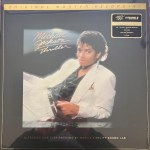 More of the Music of Michael Jackson
More of the Music of Michael Jackson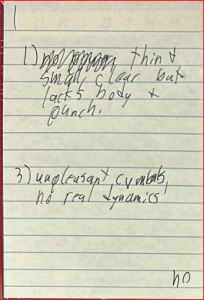 Side One:
Side One: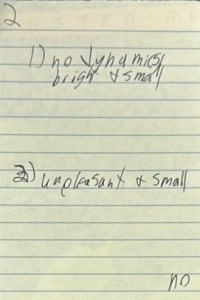

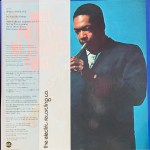 One of our good customers has a blog which he calls
One of our good customers has a blog which he calls
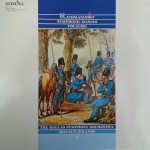
 Athena was a godawful audiophile label that managed to put out all of five records before going under, only one of which was any good, and it’s not this one.
Athena was a godawful audiophile label that managed to put out all of five records before going under, only one of which was any good, and it’s not this one. 

 Tea for the Tillerman on UHQR
Tea for the Tillerman on UHQR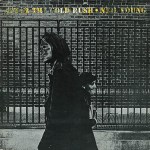
 Since we do shootouts for this album regularly, we know just how good the best pressings of After the Gold Rush can sound, and this newly remastered vinyl is missing almost everything that makes the album essential to any right thinking music lover’s collection.
Since we do shootouts for this album regularly, we know just how good the best pressings of After the Gold Rush can sound, and this newly remastered vinyl is missing almost everything that makes the album essential to any right thinking music lover’s collection.
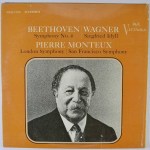 More of the music of Ludwig van Beethoven (1770-1827)
More of the music of Ludwig van Beethoven (1770-1827)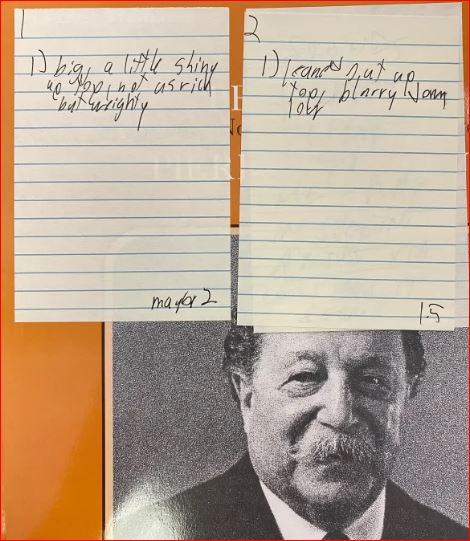 At least the midrange is more or less correct.
At least the midrange is more or less correct.